Keywords: Stage 3 Tax Cuts
-
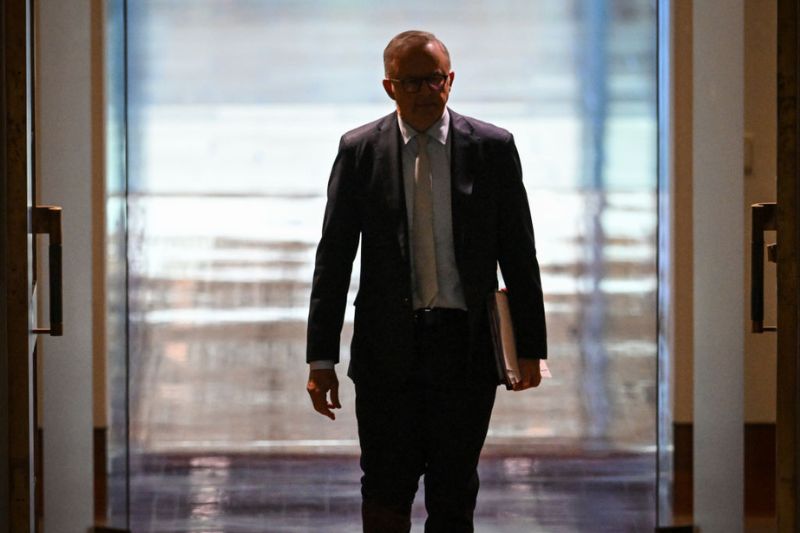
AUSTRALIA
- James Massola
- 23 October 2024
8 Comments
As Prime Minister Anthony Albanese navigates a slow but steady decline in approval, his cautious leadership approach is increasingly under scrutiny. With rising pressures on housing, the economy, and global events, is it time for him to take the bold political risks necessary to stave off the threat of minority government?
READ MORE
-
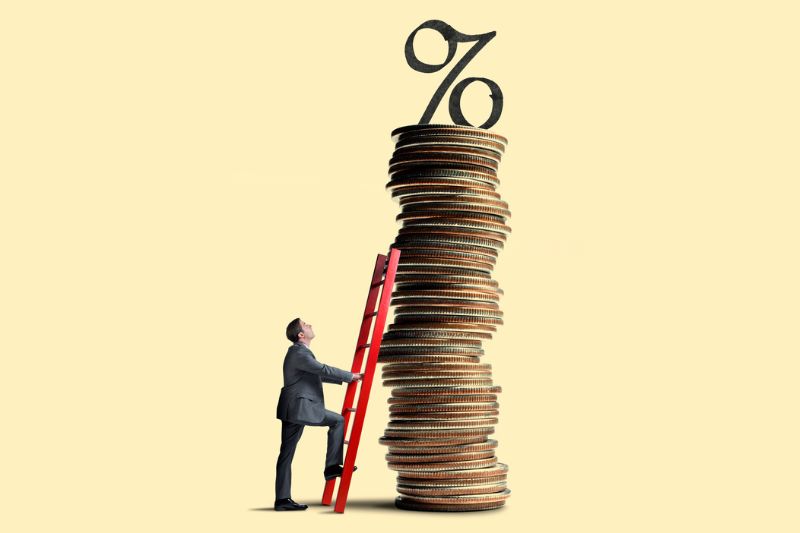
AUSTRALIA
- Joe Zabar
- 17 September 2024
2 Comments
As Australia heads toward the 2024 federal election, voters are grappling with soaring costs of living, stagnant wages, and weak GDP growth. Inflation is easing but prices remain stubbornly high. Will the Albanese government’s strategies to combat inflation satisfy an increasingly strained electorate?
READ MORE
-

CARTOON
- Glen Le Lievre
- 20 February 2024
1 Comment
READ MORE
-
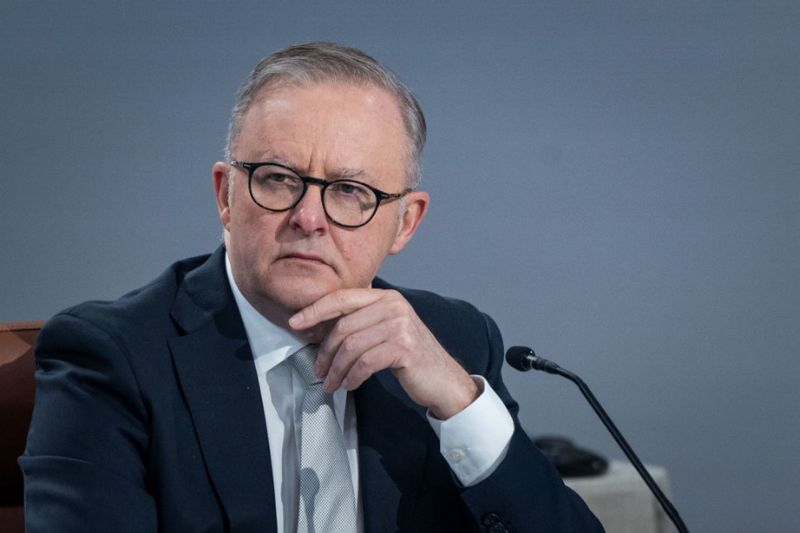
AUSTRALIA
- Joe Zabar
- 12 February 2024
1 Comment
Much of the discussion about tax reform is about the mechanisms of collection; around changes to things like negative gearing, stamp duty, land tax, capital gains tax, and superannuation. But what is missing is a statement of values about what we expect our tax system to fund.
READ MORE
-

AUSTRALIA
- Mark Gaetani
- 12 October 2023
3 Comments
Beneath the facade of Australian prosperity lies a hidden country where over three million citizens, including a staggering 761,000 children, grapple daily with the hard choices that come with poverty. With an urgent need for reform, what policy shifts could bring about the transformation this nation needs?
READ MORE
-

AUSTRALIA
- Mark Gaetani
- 02 September 2023
A new report for St Vincent de Paul Society suggests minor tax and welfare tweaks could lift 834,000 Australians from poverty. Amidst skyrocketing rents and income disparities, the call for an empathetic economic overhaul is louder than ever.
READ MORE
-
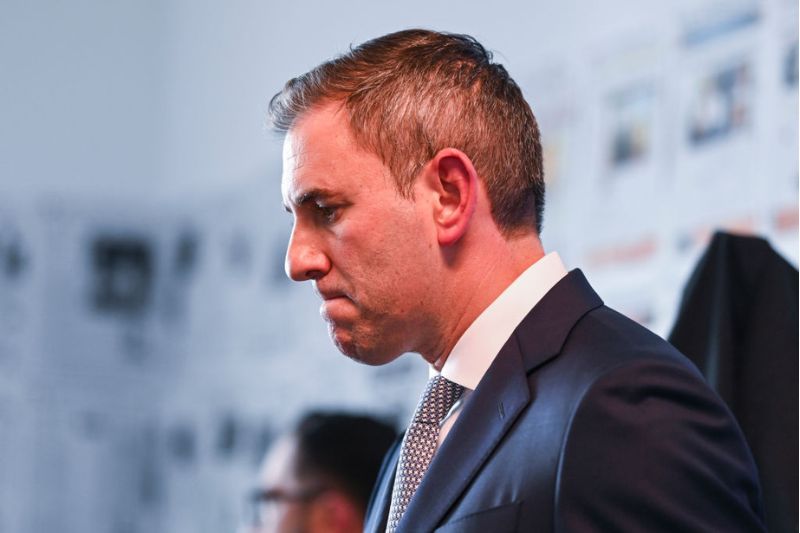
AUSTRALIA
The Albanese Government's second federal budget falls short in addressing Australia's cost-of-living crisis, with proposed measures deemed inadequate for those most vulnerable. This lacklustre response raises questions about the government's commitment to uplift those affected by the crisis.
READ MORE
-
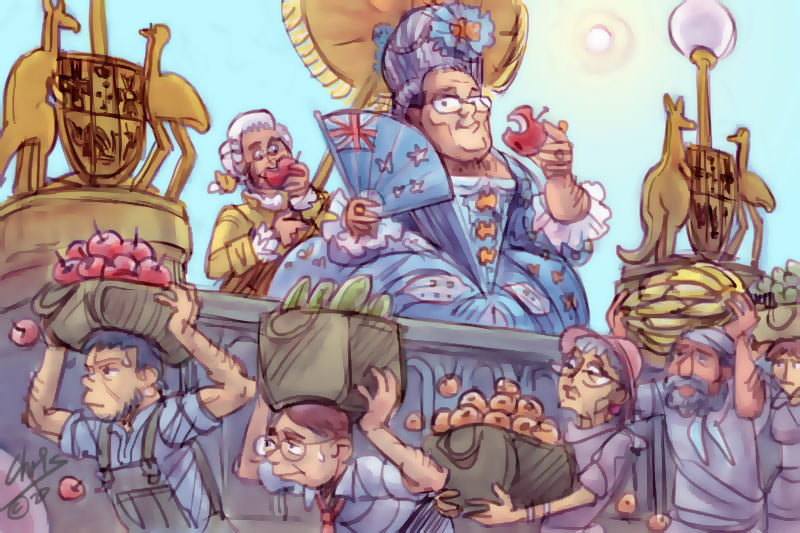
AUSTRALIA
- Vivienne Cowburn
- 13 October 2020
19 Comments
An idea that’s gaining traction, in a pandemic where international travel has stopped and many Australians are losing their jobs, is this notion that the unemployed (aka: everyone on JobSeeker payments) should go out into the regions and help the farmers pick fruit.
READ MORE 
-
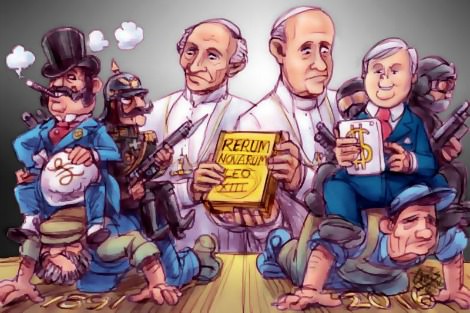
RELIGION
Pope Francis is determined to highlight the opposition of Christian social thinking to the tenets of neoliberalism or market fundamentalism, an ideology which assumes that free markets of themselves will produce the best outcome, and which pushes aside considerations of social or distributive justice. It is unlikely Francis would be waving the flag of social justice so boldly on the world stage had Pope Leo XIII not written his famous social manifesto, Rerum Novarum, 125 years ago.
READ MORE 
-
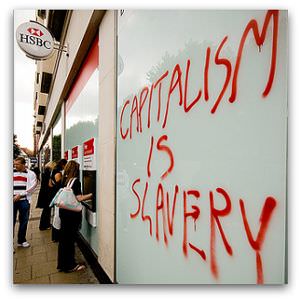
ECONOMICS
- Colin Long
- 27 November 2008
20 Comments
The outcomes of the G20 meeting this month demonstrate the limited vision of many of the world's politicians in confronting the global financial crisis. If our leaders can't imagine a different future, it is up to us to do so.
READ MORE 